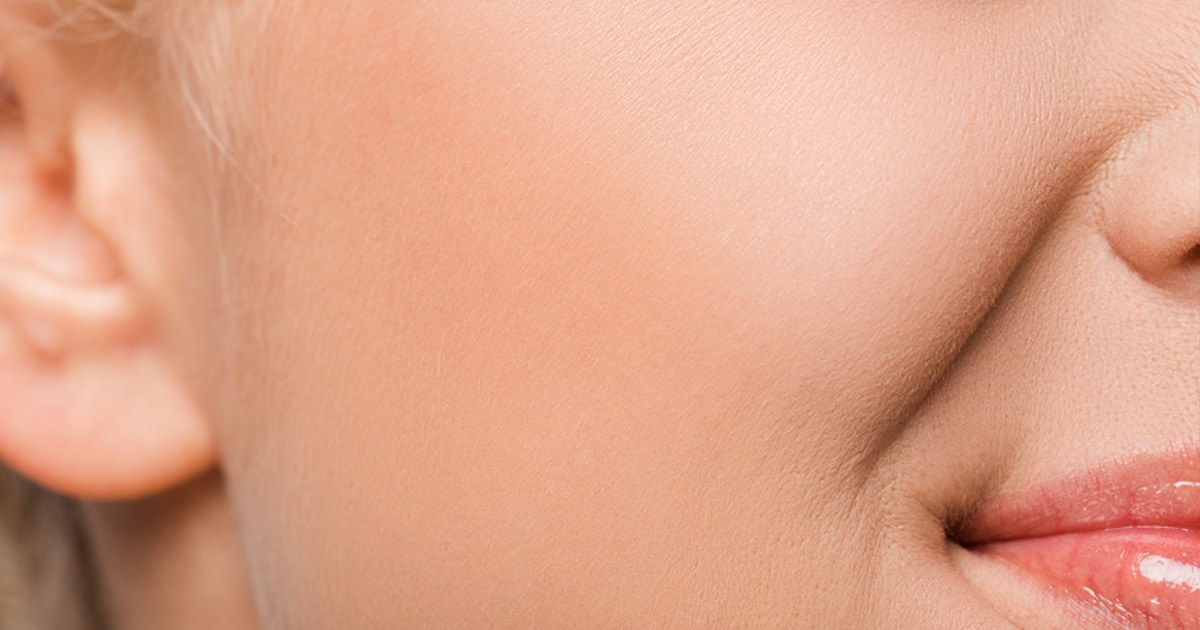Plastic surgeon warns against ‘chubby cheek’ surgery

Contouring and highlighting are techniques that have elevated make up to a whole new level.
Despite this, there’s still a limit on what they can achieve.
Perhaps that’s why a growing number of celebrities such as Chrissy Teigen have opted for buccal fat removal.
While the wife of crooner John Legend has been up front about her surgery, posting about her delight at the results on Instagram, she isn’t the only household name suspected of opting for the cosmetic procedure.
Singer Liam Payne, Khloe Kardashian, Lea Michele and supermodel Bella Hadid are all thought to have undergone the cosmetic procedure to achieve their chiselled cheekbones.
The procedure has become so popular, people here in Northern Ireland are even enquiring about having it done.
Yet, Chris Hoo, a leading plastic surgeon who works in the NHS as well as Kingsbridge Private Hospital, has sounded a warning over the potential risks associated with buccal fat removal.
“Put it this way, I can do the procedure, but I haven’t done any even though I have been asked,” he says.
“I would warn against being influenced by what you see on Tik Tok videos.
“I do think social media downplays the seriousness of the procedure and doesn’t explain all the potential consequences.”
WHAT IS BUCCAL FAT?
You had probably never heard of buccal fat until the emergence of the latest cosmetic surgery craze, but buccal, pronounced ‘buckle’, comes from the Latin word bucca, meaning cheek.
Buccal fat is the fat between the cheekbones and jaw bones that help make up the shape of the face. Everyone has buccal fat, but some have more than others.
WHAT DOES BUCCAL FAT REMOVAL INVOLVE?
As far as cosmetic surgeries go, this one is relatively quick, taking around half an hour.
The procedure involves a surgeon making a small incision in the patient’s cheeks from the inside of their mouth and then removing their buccal fat pads.
SO, WHAT EXACTLY DOES MR HOO RECOMMEND?
“There is no clinical indication for this procedure, it is simply to change the appearance,” he says.
“When a person is having anything done for aesthetic reasons, they should be aware that those things have a long-term effect, never mind any potential complications.
“I do get people in their 20s and 30s coming and asking me for the procedure and I always warn them that it may prematurely age the face.
“As well as that, it’s important to remember that, with any procedure, things can go wrong.
“With this procedure, there are nerves that supply the muscles and control the facial expressions, there is also the parotid gland, which is a salivary gland, in that area.
“These can all be damaged if the surgery isn’t done correctly.
“This surgery can be deemed as ‘easy’ because it’s such a short procedure, but the long-term consequences if it goes wrong can be devastating.
“There are people who go outside of the UK to have the surgery and the reason is normally financial, but I would always caution against that because it really is a case of buyer beware.
“It’s not that there aren’t very good surgeons outside the UK, there are some very experienced surgeons in places like Turkey, but they tend to be just as expensive as those in the UK.
“However, it’s very difficult to get a proper follow-up or make a complaint if something goes wrong if you have surgery abroad and we, in the NHS, do see patients coming back with complications.
“I do think it’s unfair that the NHS has to pick up the complications of surgery that happens in private practice overseas.
“We also see people come back from abroad and their cheeks are uneven and they want us to do something to fix it, which isn’t always possible
“You need to think very carefully about the long-term consequences and also check out the credentials of the practitioner.
“With any aesthetic surgery, it should be done by a properly trained and accredited plastic surgeon, who is registered with the General Medical Council and a member of the British Association of Aesthetic Plastic Surgeons or the British Association of Plastic, Reconstructive and Aesthetic Surgeons.
“If the practitioner doesn’t want to show you their credentials, then something is wrong.”










